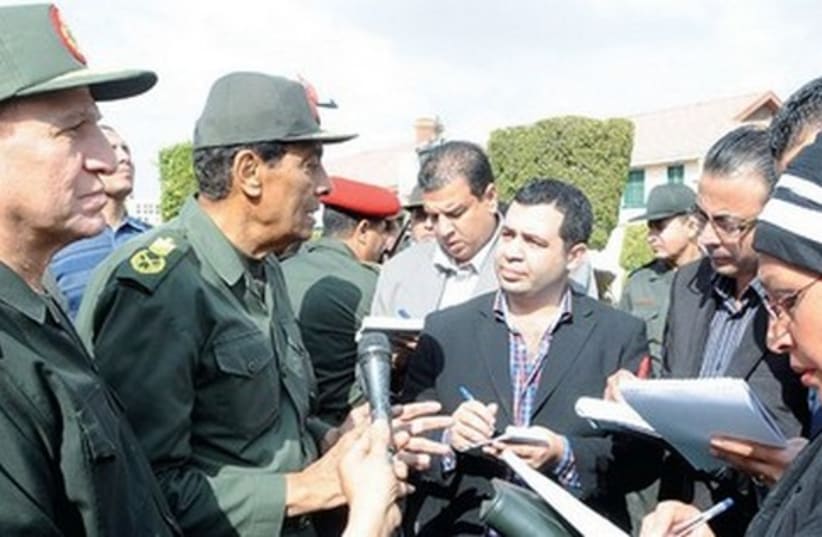This is a condensed version of a report that appeared in the Jerusalem Issue Brief, Vol. 12, No. 8, April 16.
Are Egypt's Islamists headed for collision with military?
Much has been written about a tacit agreement between the Egyptian army, led by Field Marshal Mohamed Tantawi, and the Muslim Brotherhood.

This is a condensed version of a report that appeared in the Jerusalem Issue Brief, Vol. 12, No. 8, April 16.